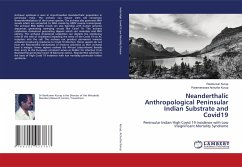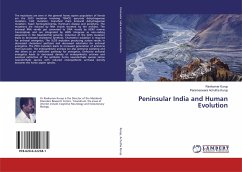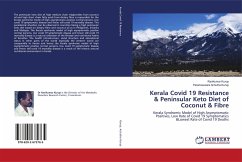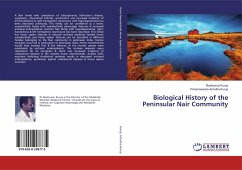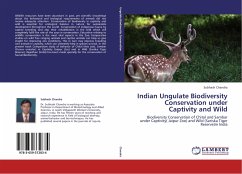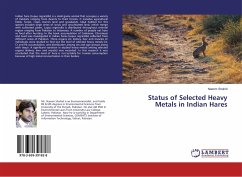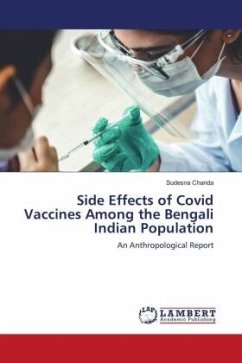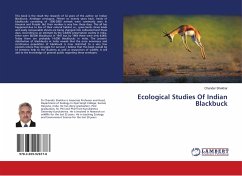
Peninsular Indian Ketodiet
Versandkostenfrei!
Versandfertig in 6-10 Tagen
41,99 €
inkl. MwSt.

PAYBACK Punkte
21 °P sammeln!
Dietary fibre is the most important factor that modulates human biology and speciation. A low intake of dietary fibre with a diet rich in protein and fat leads to increased endosymbiotic and colonic archaeal growth and neanderthalisation of the species. This leads to induction of the Warburg phenotype and increased incidence of metabolic syndrome x, neurodegeneration, autoimmune disease, cancer, schizophrenia and autism. A population consuming a low fibre diet rich in protein and fat has its digestion happening in the small intestine. The population with predominant low fibre diet and small in...
Dietary fibre is the most important factor that modulates human biology and speciation. A low intake of dietary fibre with a diet rich in protein and fat leads to increased endosymbiotic and colonic archaeal growth and neanderthalisation of the species. This leads to induction of the Warburg phenotype and increased incidence of metabolic syndrome x, neurodegeneration, autoimmune disease, cancer, schizophrenia and autism. A population consuming a low fibre diet rich in protein and fat has its digestion happening in the small intestine. The population with predominant low fibre diet and small intestine digestion has got an increased predilection for civilizational disease. A high intake of dietary fibre leads to predominant large intestinal digestion by colonic microflora and inhibits endosymbiotic and colonic archaeal growth producing homo sapienisation of the species. This leads to decreased archaeal growth and incidence of civilizational disease. This can be described as the peninsular Indian ketodiet of legumes and coconut.



